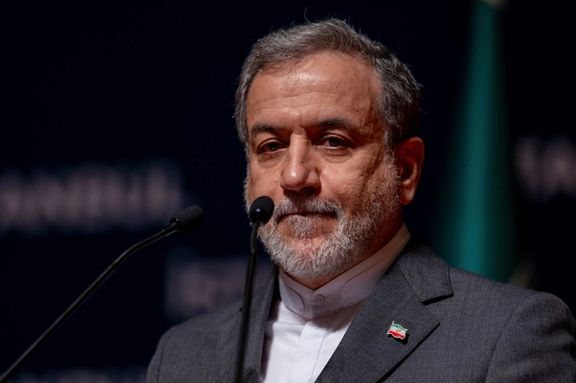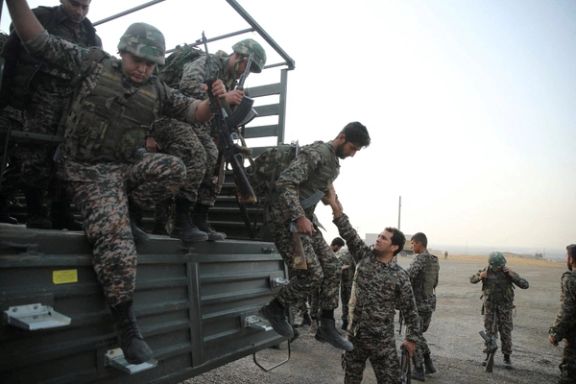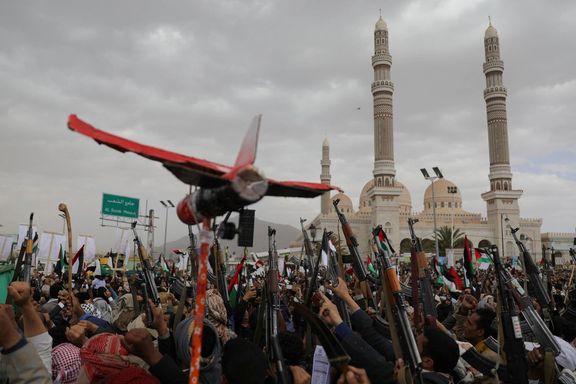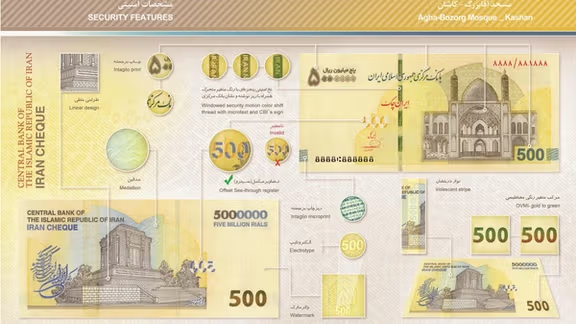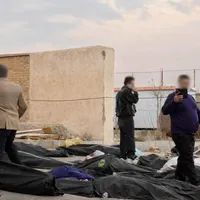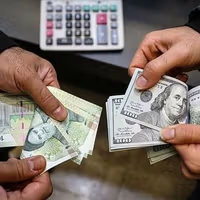Iran’s Foreign Minister Abbas Araghchi spoke with his counterparts from Britain, France and Germany, along with the EU foreign policy chief Kaja Kallas on Thursday.
During the call, Kallas offered an extension of the snapback deadline under the nuclear deal, Wall Street Journal reporter Laurence Norman wrote on X citing sources, provided Iran resume cooperation with the International Atomic Energy Agency (IAEA) and place specific limits on its enriched uranium stockpile.
Germany’s foreign minister, however, struck a tougher tone on Friday, vowing to trigger the snapback mechanism if no deal is reached by the end of summer.
"We are firmly determined, firstly, to do everything possible to achieve a negotiated diplomatic solution (on Iran nuclear program), but secondly, we are equally determined, if that fails, to activate the snapback mechanism," Johann Wadephul said.
Axios reported on Friday that senior diplomats from Iran and the three European countries are scheduled to meet next week, possibly in Vienna or Geneva.
Iran is expected to be represented by Deputy Foreign Ministers Kazem Gharibabadi and Majid Takht Ravanchi, the report added citing a source with knowledge of the matter.
Iran is reviewing a request from the three European countries to resume nuclear talks, the IRGC-affiliated Tasnim News reported citing sources. However, the time and venue for the potential talks have yet to be determined, the report added.
Tasnim confirmed the talks are expected to be held at the level of deputy foreign ministers.
According to the Wall Street Journal, the offer to extend the snapback deadline is a one-off proposal and any extension would depend on China and Russia at the UN Security Council.
“Iran was non-committal in response,” Norman said.
Under UN Security Council Resolution 2231, any party to a now lapsed 2015 nuclear agreement, including France, Germany, Britain, Russia or China—can file a complaint accusing Iran of non-compliance.
If no agreement is reached within 30 days to maintain sanctions relief, all previous UN sanctions would automatically “snap back,” including arms embargoes, cargo inspections and missile restrictions.
Iran’s foreign ministry spokesperson on Monday criticized the possibility of a snapback triggered by Europe, warning that “Iran will deliver a proportionate and appropriate response if European parties move to re-activate the UN snapback mechanism.”


